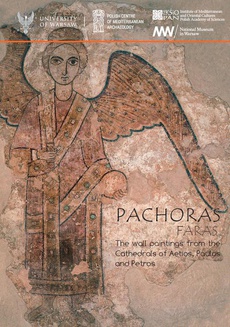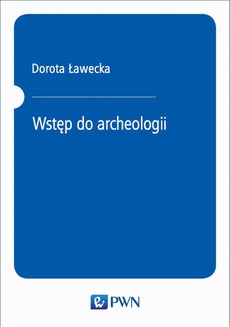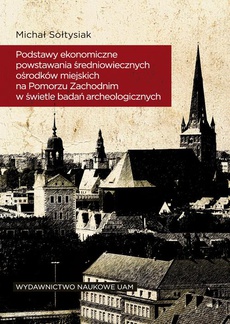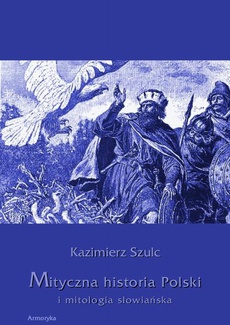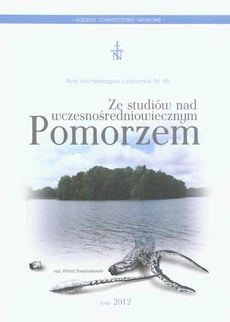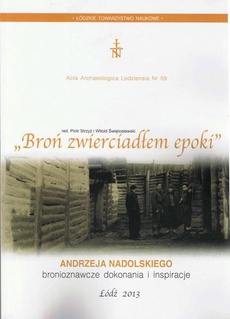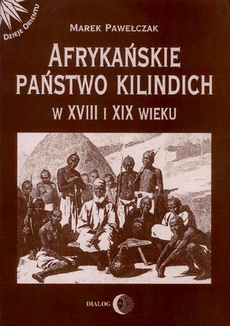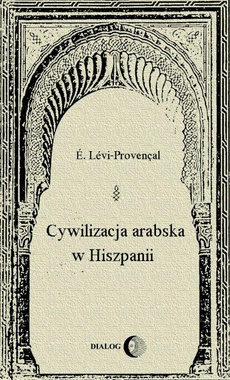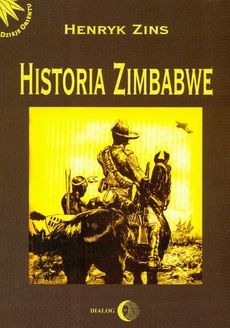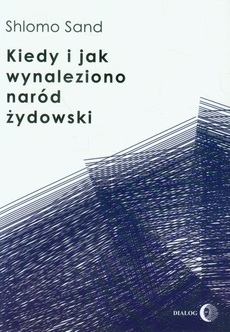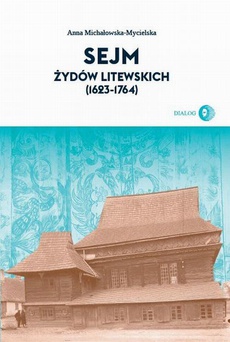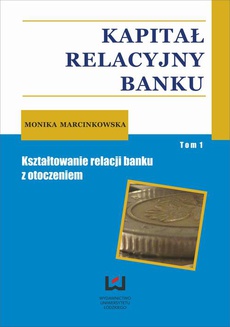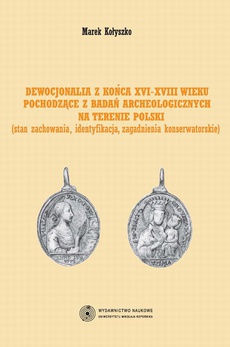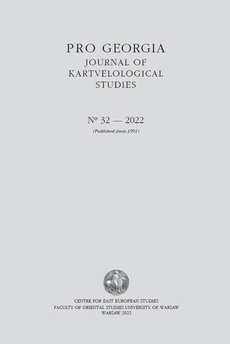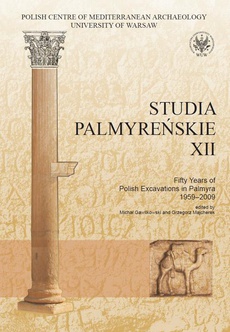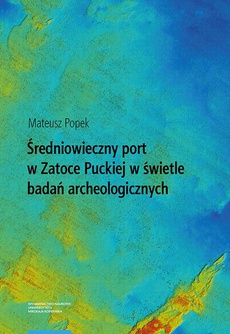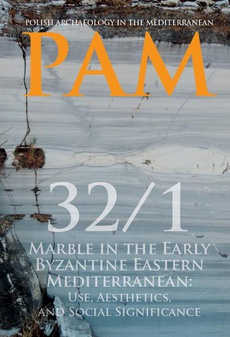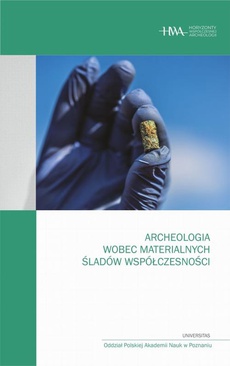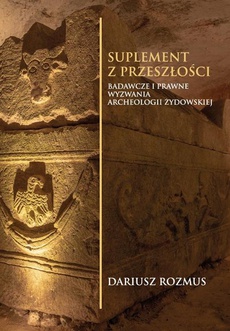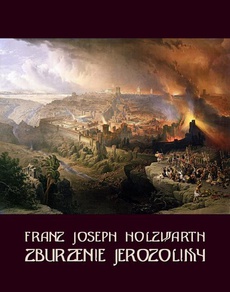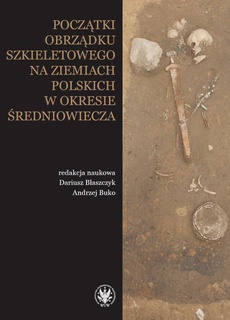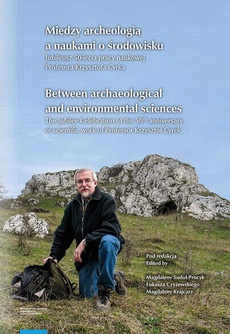POLECAMY
Pachoras. Faras
The wall paintings from the Cathedrals of Aetios, Paulos and Petros
Autor:
Stefan Jakobielski, Małgorzata Martens-Czarnecka, Magdalena Łaptaś, Bożena Mierzejewska, Bożena Rostkowska
Wydawca:
Format:
pdf, ibuk
Publikacja dokumentuje relikty malowideł z wczesnochrześcijańskiej katedry odkrytej w Faras przez ekipę polskich archeologów pod kierunkiem prof. Kazimierza Michałowskiego w latach 1961–1964 w związku z budową tamy asuańskiej. Dla każdego malowidła podane są dane metryczne, lokalizacja oraz stan zachowania. Katalog jest bogato ilustrowany fotografiami malowideł przed zdjęciem ich ze ścian oraz po konserwacji, załączono też tabelę wszystkich ornamentów i wzorów zarejestrowanych na malowidłach, a także tablice konkordancji oraz indeks.
*********
The publication documents the relics of the wall paintings from the Early Christian cathedral discovered in Faras by the team of Polish archeologists led by Prof. Kazimierz Michałowski in 1961–1964 in connection with building the Aswan Dam. For each painting, metric data, location and state of preservation are provided. The catalogue is richly illustrated with the photographs of paintings before they were taken off the walls and after conservation, and a table of all the ornaments and patterns depicted in the paintings as well as concordance tables and index.
The discovery, which revolutionized knowledge of the Middle Nile region and put the Christian kingdoms of Nubia on the scientific map, was made as part of the UNESCO Nubian Campaign salvaging the antiquities of Nubia. It follows on the first volume by Włodzimierz Godlewski which presented the architecture of the cathedral (Pachoras. The Cathedrals of Aetios, Paulos and Petros. The Architecture).
The catalogue was written and edited by Stefan Jakobielski with the contribution of several colleagues working on different issues connected with the iconography of these murals. Their findings are enhanced by remarkable and well researched drawings, as well as a useful foldout timeline to help understand the long history of the painted decoration inside the cathedral.
*********
Stefan Jakobielski – światowej sławy nubiolog, jeden z inicjatorów założonego w 1972 roku Międzynarodowego Towarzystwa Nubiologicznego, pracownik Instytutu Kultur Śródziemnomorskich i Orientalnych Polskiej Akademii Nauk, jeden z niewielu nadal aktywnych członków pierwszego zespołu, który brał udział w badaniach wykopaliskowych w Faras, prowadzonych przez prof. Kazimierza Michałowskiego we wczesnych latach 60-tych.
Od 1961 roku uczestniczył w misji jako koptolog, zajmując się dokumentacją i opracowywaniem inskrypcji. Brał udział w kluczowych pracach na stanowisku w Faras – odkryciu katedry z malowidłami oraz uczestnicząc przy transferze malowideł ze ścian katedry do Polski i dokumentacji znalezisk, prezentowanych obecnie w Muzeum Narodowym w Warszawie. Studiował napisy odkryte na ścianach katedry, a najważniejsze z nich wydał w 1965 roku w "Études et Travaux" jako Lista biskupów z Pachoras.
Zaangażowany był w prace także na wielu innych stanowiskach archeologicznych. W 1962 roku brał udział w misji w Tell Atrib jako archeolog-epigrafik, oraz w ekspedycji w Palmyrze. W tym samym charakterze pracował na stanowisku Deir el-Bahari w sezonie 1962/63, kiedy to trwały badania na górnym dziedzińcu świątyni Hatszepsut oraz wykopaliska na terenie świątyni Totmesa III. W latach 1966-2006 kierował własnym projektem wykopaliskowym w Dongoli w Sudanie. W ramach tych badań odkryty został m.in. Klasztor św. Trójcy. Raporty z wykopalisk Jakobielski prezentował na łamach „Dongola Studien”.
Autor wielu publikacji i wieloletni redaktor czasopism naukowych, w tym: "Nubia", "Etudes et Travaux", "Nubica et Aethiopica i Bibliotheca nubica". Od 2005 roku współtworzy także czasopismo "Gdańsk Archaeological Museum African Reports".
---------
Stefan Jakobielski – a Nubiologist of world repute and one of the founders of the Society of Nubian Studies, is one of the few still active members of the original excavation team that worked in Faras in the early 1960s. He took part in the excavation, cooperated with the team of conservators that took down the murals and oversaw their transport to Warsaw. Foremost he studied the inscriptions from the cathedral walls, publishing most importantly the List of Bishops from Pachoras. He went on to work at several sites in Egypt and Syria before directing his own project in Dongola in Sudan (from 1966 to 2006). Jakobielski, who continues to work for the Institute of Mediterranean and Oriental Cultures of the Polish Academy of Sciences, is the author of numerous publications and editor of scientific journals, including Nubia, Études et Travaux, Nubica et Aethiopica and Bibliotheca nubica. Since 2005 he has coedited the Gdańsk Archaeological Museum African Reports.
| Rok wydania | 2017 |
|---|---|
| Liczba stron | 474 |
| Kategoria | Archeologia |
| Wydawca | Uniwersytet Warszawski |
| ISBN-13 | 978-83-235-3236-1 |
| Numer wydania | 1 |
| Język publikacji | polski |
| Informacja o sprzedawcy | ePWN sp. z o.o. |
Ciekawe propozycje
Spis treści
| Forewords | 7 |
| Acknowledgments Stefan Jakobielski | 11 |
| Introduction Stefan Jakobielski | 15 |
| Site and excavations | 18 |
| Saving the wall paintings | 20 |
| Chapter 1. Architectural setting Stefan Jakobielski | 23 |
| Chapter 2. Chronology of the wall paintings Stefan Jakobielski 27 | |
| Phasing of the murals | 27 |
| The first murals | 27 |
| The “new” cathedral of Petros | 31 |
| N ew painting after the remodelling of the naos (third plaster coat) | 33 |
| Last renovation | 35 |
| I nscriptions as chronological indicators | 37 |
| Protection scenes | 38 |
| O ther chronological indicators | 39 |
| Summing up | 39 |
| Chapter 3. Nature and manner of the wall painting Małgorzata Martens-Czarnecka 43 | |
| Original décor | 44 |
| Second group of paintings | 45 |
| Intermediary period | 46 |
| First renovation – second plaster coat (early 10th century): Nubian painting | 47 |
| Second renovation – third plaster coat (second half of 10th century): classical Nubian painting | 48 |
| Robes, ornaments and colouring in the classical phase | 49 |
| Facial features in the classical phase | 50 |
| Late phase | 50 |
| Terminal phase of Christian art in Nubia (second half of 13th–14th century) | 51 |
| Locating in time and space (block of useful data) | 53 |
| List of Bishops of Pachoras – a timeframe | 54 |
| Wall paintings listed by Catalogue Numbers | 56 |
| Timeline (foldout) | 56 |
| Wall paintings by subjects/themes (index) | 59 |
| Paintings on the walls (location) | 65 |
| Ornaments: motifs, patterns and pattern repeats by phases | 82 |
| Glossary of dress terms | 98 |
| Comparative sets of portraits of bishops of Pachoras, kings and Nubian dignitaries | 100 |
| Catalogue 105 | |
| Bibliography | 459 |
| Concordance of wall painting numbers | 471 |

